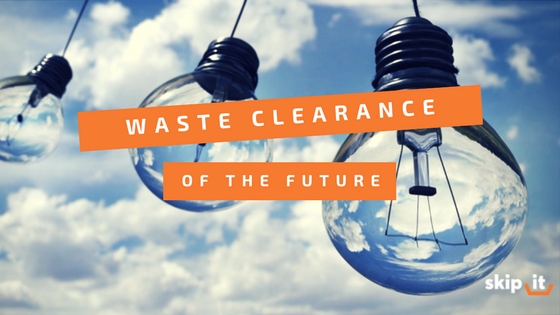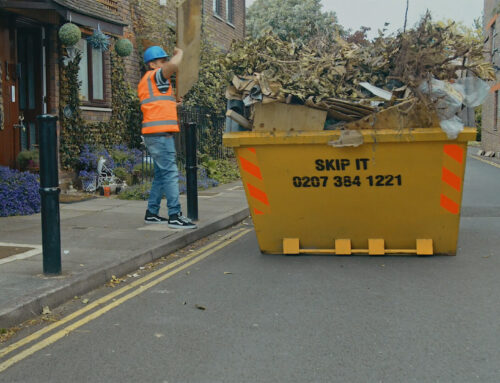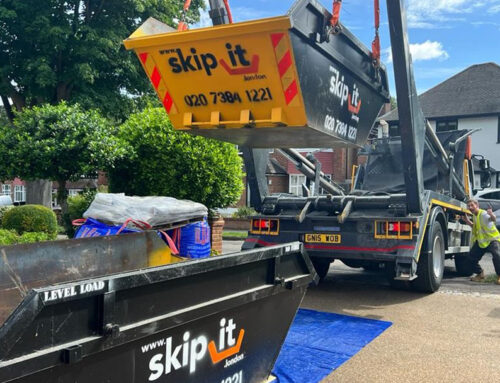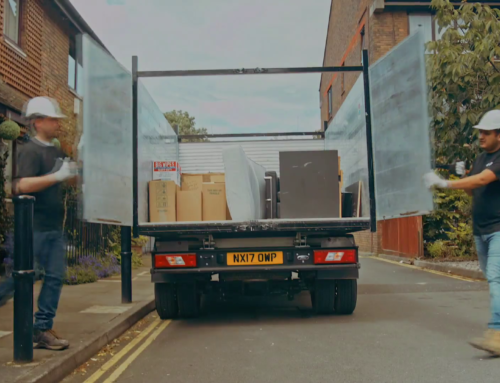Every week there seems to be another scare story about how unsustainable our waste clearance policies are. The dangerously unsustainability of waste management, hopelessly low levels of recycling, the scourge of cruise liners dropping toilet waste into the world’s oceans…
Well, perhaps slightly less of the latter – but the point still stands; it’s a precious rare spectacle to hear stories of waste clearance and collection gone right.
And whilst we can see that there is a great deal of progress yet to make, we thought we’d take a moment to focus on the exciting and intelligent ways that people have thought up to make waste management more sustainable in the future. Here are just a few of our favourites.
Waste to energy
Waste to energy tactics – like this one – are a really great way of killing two birds with one sustainable stone. Two enormous problems we have at the moment are the lack of sustainable places to store waste, and even fewer sustainable places from which to source clean energy. Turning waste into energy has the potential to solve both problems.
Essentially, waste gets chemically recycled as clean gas to produce energy, in a similar way to the manner that traditional power plants burn the much-decried fossil fuels. This process has the potential to reduce the amount of waste sent to the landfill in any given community by up to 90 per cent.
RFID tracking
Radio-frequency identification technology (RFID) uses electromagnets to automatically detect and organise things from a distance. In this case – waste bins. This has the potential to unlock new increases recycling rates, as we can suddenly compile vast amount of data on what’s being recycled, in what quantities, where, and which demographics are recycling the most.
For instance, if we can determine what areas and to what extent people are willing to walk further to a recycling bin, we can optimise the distribution of bins in order to get more people recycling, without even thinking about it. We think that’s pretty nifty, anyway.
Nudge theory waste clearance
This one’s a bit of a cheat since it’s already being done, but since it shows promise of being expanded in the future, we think its place on the list is justified. The nudge theory states that subtle shifts in policy can ‘nudge’ people into making good choices, without infringing on individual freedom.
A good example of this in waste recently was the 5p bag charge, which has reduced the UK’s plastic bag usage by about 85 per cent. The logic has been applied to more recent proposals that people should be financially incentivised to recycle old plastic bottles.
While there’s plenty of meaningful progress to make when it comes to creating a sustainable future, we can take comfort that there’s some clever people out there working hard to make it happen.
Here at Skip It we like to think we’re doing our bit to help. Over 90 per cent of the waste that we process gets diverted from landfill, meaning you can be sure that when we clear your waste we take it to a good place.










Leave A Comment